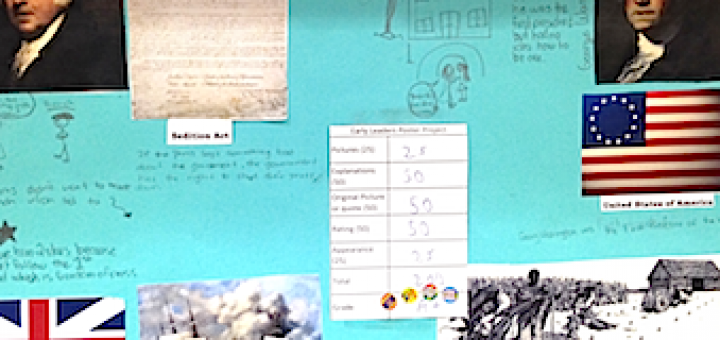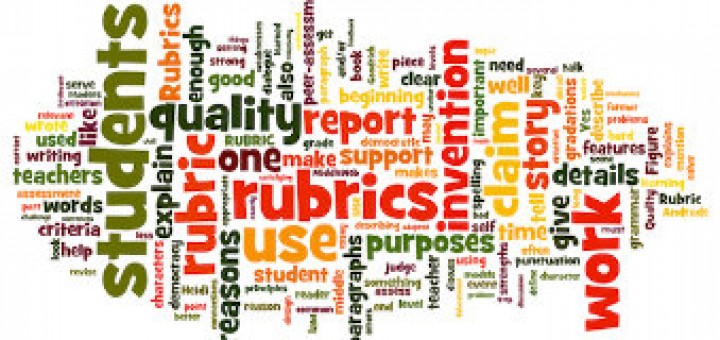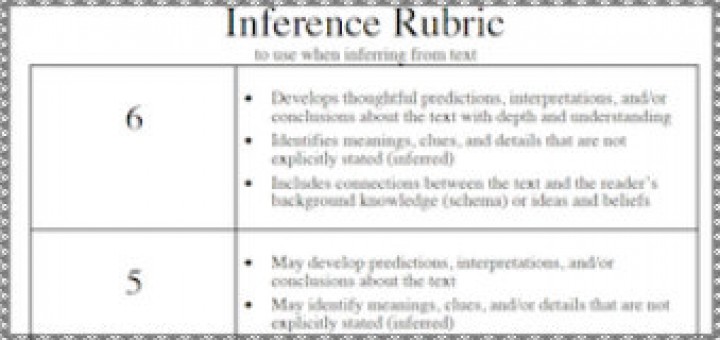Tagged: formative assessment
Among the elements of Suzy Pepper Rollins’ Learning in the Fast Lane that reviewer Carolyn Miller liked best were her references to recent research, her fresh suggestions for making formative assessments, and her close look at student motivation. And there’s lots more to try out!
In principal Matt Renwick’s school, digital portfolios are comprehensive collections of student work that teachers and their students curate and reflect upon on a regular basis. Here, Renwick offers a close-up look at the portfolio process.
We can’t support rigorous learning unless we make sure students are ready for the experience, says teaching consultant Barbara R. Blackburn. She suggests three quick ways to assess prior knowledge, including the LINK small/whole group strategy.
State assessments will soon require history students to read texts & make arguments supported by evidence. Aaron Brock believes non-traditional tests, like a recent poster project in his 8th grade inner-city classroom, can help build those skills.
Even educators who don’t work in successful PLC environments will appreciate Fisher & Frey’s strategies to build students’ CCSS ELA proficiencies, says Joy Kirr.
This compilation from our first MiddleWeb site features information about creating and using rubrics effectively and a variety of exemplars.
In this MiddleWeb Classic post, literacy coach Juli Kendall shares a rubric used in her middle school across content areas to evaluate a student’s level of inference with academic texts.
The developmental needs of tweens are unique, and flourishing as a middle grades teacher requires special skills. Teaching expert Rick Wormeli offers five customized strategies that are attuned to the particular requirements of the adolescent brain!
Student-led conferences should be more than feel-good experiences for students and parents. Fostering Student Accountability Through Student Led Conferences helped Laura Collander make SLCs matter in her classroom.
Living the Questions: A Guide for Teacher-Researchers by Ruth Shagoury and Brenda Miller Power can help educators analyze, reflect upon and improve their practice, says reviewer Amanda Wall.






















